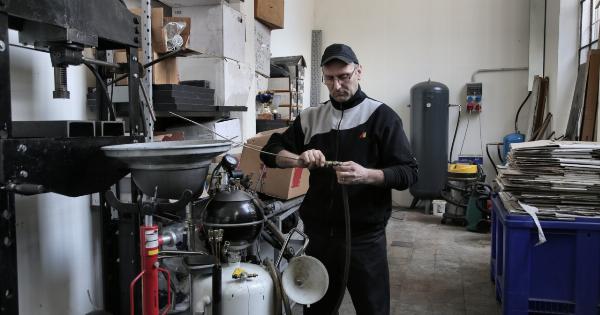As parents, we have a significant role in shaping our children’s beliefs and behaviors. Our actions and choices influence how our children perceive the world and the values they embrace.
As we become more aware of the environmental challenges facing our planet, we need to recognize our role as parents in shaping our children’s eco-consciousness.
What is Eco-consciousness?
Eco-consciousness refers to the awareness of our impact on the environment and our responsibility to live sustainably. This awareness involves understanding the consequences of our choices and actions for the planet and future generations.
The Impact of Parenting on Eco-consciousness
Parenting plays a critical role in shaping our children’s eco-consciousness. Our attitudes and behaviors towards the environment influence how our children perceive their relationship with nature.
According to a report by the National Wildlife Federation, children who have positive experiences with nature early in life develop a deeper respect and appreciation for the natural world. This respect translates to a sense of responsibility and commitment to protect the environment.
Teaching Sustainable Practices
Parents can teach their children to live sustainably by demonstrating environmentally friendly practices.
For instance, we can encourage our children to adopt eco-friendly habits such as recycling, turning off lights, water conservation, and reducing plastic waste.
We can also teach our children about the importance of buying or consuming environmentally friendly products. We can introduce them to labels such as certified organic, fair trade, and non-toxic, which indicate a product’s eco-friendliness.
Teaching Respect for Nature
Teaching our children to respect nature involves exposing them to outdoor activities such as camping, hiking, and wildlife watching. Through these experiences, children can learn about ecosystems, animal habitats, and the importance of biodiversity.
Additionally, parents can teach their children to appreciate nature by encouraging them to create art inspired by nature. For example, children can collect leaves or stones and create art pieces such as collages or sculptures.
Teaching Environmental Advocacy
As our children grow older, we can teach them to be environmental advocates by encouraging them to speak out against environmental issues that concern them.
Parents can involve their children in environmental campaigns that support sustainability or civic actions such as environmental lobbying and voting for leaders who support environmental policies.
The Importance of Modeling Behavior
To raise eco-conscious children, parents must model behavior that aligns with their values. For example, if we advocate for environmental sustainability, we must demonstrate that through our actions.
Our children will learn more from what we do than from what we say.
If we claim to value sustainability but regularly use plastic straws or do not recycle, our children may perceive that as a contradiction, which can undermine their eco-consciousness.
Conclusion
As parents, we have a significant role to play in shaping our children’s eco-consciousness. By teaching sustainable practices, respect for nature, and environmental advocacy, we can instill eco-consciousness in our children.
Additionally, modeling behavior that aligns with our values is crucial to reinforce our message. Ultimately, by raising environmentally conscious children, we can contribute to a healthier, sustainable planet.































